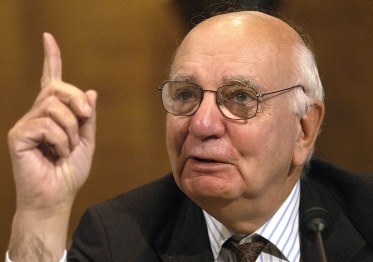
In so doing, he's also making it clear that the agency is going in a different direction than in the Obama era, when Thomas Curry was comptroller. Curry's agenda was focused on ensuring examiners are not too close to the institutions they oversee and offering fintechs a charter so they can comply with national standards. Otting has scrapped Curry's plan to move examiners out of the bank and seems lukewarm at best on the fintech charter.
Following is a look at Otting's agenda.
Community Reinvestment Act
Among the most controversial issues is CRA reform. Lenders and consumer groups alike have long argued the regulations governing the law, which have not been updated in more than two decades, are stale. But finding a reform plan that can satisfy both sides is tricky.
The OCC
"There’d be no magic,” Otting said last week. “And so every three years, when the CRA exam occurs, you’d know where you were so you wouldn’t have any questions.”
Exactly what that metric will be is unclear. He also wants to speed up the process, which typically lags by more than a year, so that the OCC can release real-time data.
The OCC “will have real-time data every quarter, where we can basically certify that you’re in compliance with CRA," Otting said.
Otting has also suggested that regulators should move away from using geographic location as a core part of CRA, noting that many banks offer digital offerings that are not tied to branch locations.

Small-dollar lending
The recent moves are a marked change from the agency’s views on payday lending over a decade ago. In 2003, then-Comptroller of the Currency John D. Hawke Jr. told payday lenders, “Stay the hell away from national banks.” Otting has
“We forced banks out of that small-ticket and consumer lending” business, where some rules required “full underwriting for a $500 loan that just don’t make sense,” he

Bank Secrecy Act reform
Otting
"We’ve agreed we would come back to them with recommendations on how we would like to offer bank flexibility and some variances on the examination process,” Otting said last week. “There’s a lot of things we can do to solve this BSA/AML issue without disrupting the intent. It’s kind of gotten to a ‘gotcha’ system. I think we need to step back from that and say what can we do to not put all that onerous responsibility on financial institutions.”

Volcker Rule simplification
The agency asked a series of questions about simplifying the Volcker Rule. While regulators want to move quickly to do so, it is likely to take significant time. Under the Dodd-Frank Act, five different agencies have oversight of the regulation, meaning they all must sign off on changes.
The House passed a bill Friday that would let the Federal Reserve be the sole decision-maker on the rule. But that legislation is unlikely to be cleared by the Senate, leaving the Fed, OCC, FDIC, the Securities and Exchange Commission and the Commodity Futures Trading Commission in the mix together.

Bank fees
The OCC is paid via exam fees assed on the national banks it supervises. Otting says that banks should pay less in relatively good economic times and prepare for an increase in fees when the system becomes more stressed.
“We are somewhat like firemen where we should be able to run in and ask for resources when the industry is going through stress times, and we should be able to pull back in times like today,” he said last week.
As a result, he is planning to lower exam fees for national banks next year.

Fintech charter?
Otting said last week that if the OCC did offer a charter, it would ensure that all firms that opted for it had to follow the same rules as other national banks, including some type of CRA element. But he said he had not made up his mind about the issue, saying a decision is expected in the next few months.





